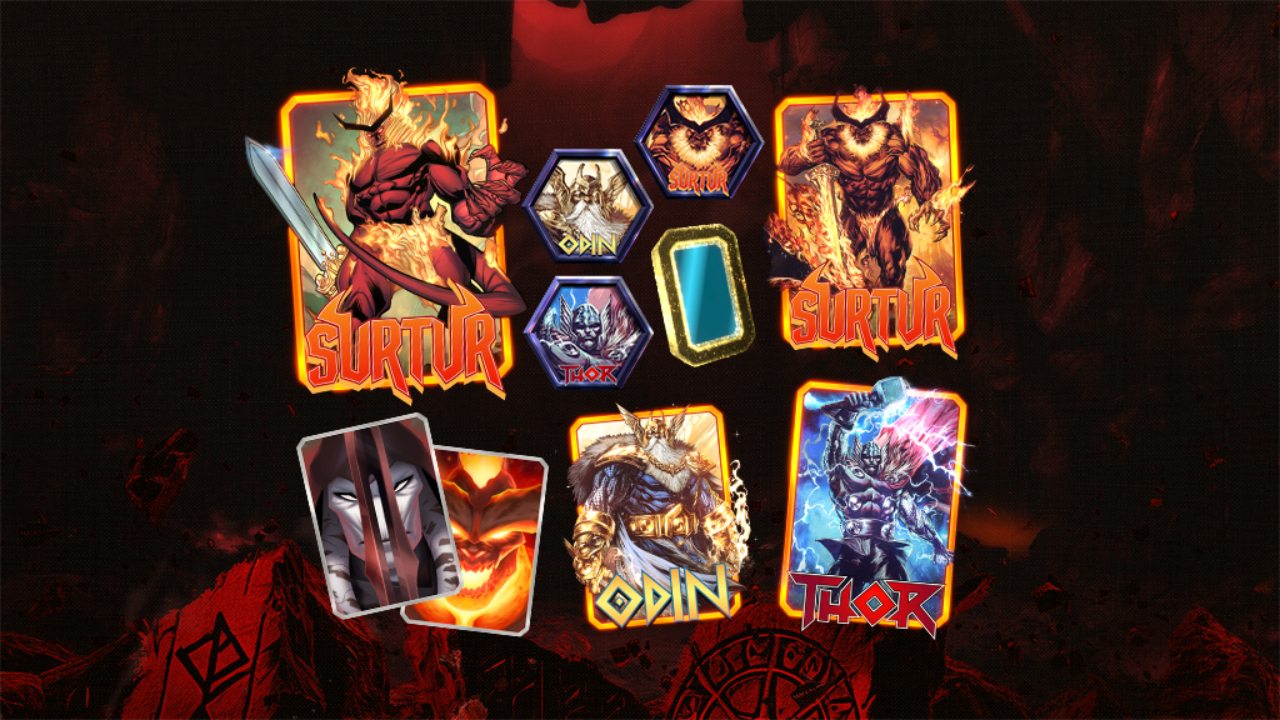Snapping Your Career into Place with Ben Brode: Game Developer Podcast Ep. 48
Danielle Riendeau, Editor-in-ChiefNovember 27, 2024At a Glance"Part of the process is becoming an expert in your game, right?"Nothing helps dull the sharp edges of the holidays quite like an addicting mobile game in your pocket, and nothing helps foster a deeper understanding and appreciation of said mobile game quite like a podcast interview with one of its lead developers.We happen to trade in podcast interviews around these parts, and with Thanksgiving nipping at our heels and winter break just over the horizon, now is the perfect time to queue up this in-depth GDC Showcase interview with Ben Brode, chief development officer at Second Dinner, the studio behind Marvel Snap.Produced by Jordan Mallory and with music by Mike Meehan, this is episode 48 of the Game Developer Podcast. Post written by Jordan Mallory.While designing Snap, Brode and his team faced the interesting challenge of making a game simple enough for an extremely wide audience to vibe with, while still somehow giving themselves enough design space to introduce new cards and mechanics regularly over the course of several years. Solving these problems first required a concrete understanding of what the core game is, and to obtain that, the team had to experiment.Becoming an expert in the game you are designing"Part of the process is becoming an expert in your game, right?" Brode says. "When we first started out, I didn't know the right number of cards per location, the right number of locations, the right number of turns for Marvel Snap, the right number of energy to start with. We tried seven turns and five turns, and starting on turn two and nine cards per location and four cards per location, three cards per location and two cards per location, and infinite cards per location. We tried everything."Eventually, Brode continues, these variables coalesce into the foundation of the product, and once that's all settled, you can go about the business of actually designing cards. But how much viable content can your new game actually support?"You need to actually make sure you can make a bunch of stuff," Brode says. "Like if your goal was 'Hey, let's make Tic Tac Toe a live service game,' and we're gonna add cards you can play before every turn of Tic Tac Toe there's a couple designs that may be kind of interesting and not broken but not that many."For this hypothetical, Brode would ideally design out a year's worth of content just to see if the idea had legs. "Even if you don't end up shipping any of those cards, you're like, 'Oh my God, I've used all the design space, Tic Tac Toe is too simplistic. I just can't come up with another 500 of these for the next 10 years.'"Second Dinner is sitting at the Godot tableBryant also speaks with Brode about Second Dinner's embrace of Godot for another project that's already in development. The engine has grown leaps and bounds over the last few years, Brode says, thanks in-part to its open source nature and the responsive folk shepherding the project. And for his team specifically, Godot offers tremendous value in its ability to issue over-the-air updates for "literally anything.""Because we're writing the whole game in [GDScript] this means if we wanted to do something like launch on a platform that is maybe notoriously difficult to get new content and new features shipped live to players quickly, well, we can just do that over the air without having to go through an approvals pipeline for [a] AAA platform," says Brode. "That could take a long time and we just don't have to do that. We can just quickly get stuff to players in a day or something. That's really mega, especially for a live service project."Listen to the rest of our really mega conversation on your podcast platform of choice, and might we be so bold as to suggest adding GDC 2025 to your March to-do list for more valuable insights from leading developers?Read more about:Game Developer PodcastAbout the AuthorDanielle RiendeauEditor-in-Chief, GameDeveloper.comDanielle is the editor-in-chief of Game Developer, with previous editorial posts at Fanbyte, VICE, and Polygon. Shes also a lecturer in game design at the Berklee College of Music, and a hobbyist game developer in her spare time.See more from Danielle RiendeauDaily news, dev blogs, and stories from Game Developer straight to your inboxStay UpdatedYou May Also Like


